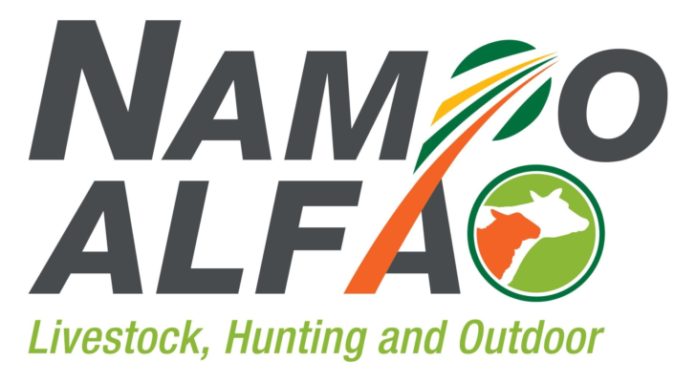Grain SA and ALFA Expo confirmed that NAMPO ALFA will go ahead on NAMPO Park from 29 September to 1 October 2022.
However, Minister Didiza’s announcement regarding the ban on the transport of cattle due to foot-and-mouth outbreaks will likely result in fewer forming part of the expo. As a livestock expo, the focus is on all livestock including sheep, goats, pigs and horses, as well as dogs and poultry – which are not currently affected by the ban. The hunting and outdoor component by nature is also not affected, and the organisers are excited about hosting the first NAMPO ALFA.
As responsible players in the livestock industry, the organisers will comply with all rules and regulations as promulgated by the minister. All bio-security protocols are already in place and will just be applied even more stringently to manage the risk as best as possible. These protocols have already been successfully applied during the Bloem Show and NAMPO Harvest Day. The organisers are working with industry leaders and government institutions in this regard.
Currently, NAMPO ALFA takes place outside the 21-day ban period. Nevertheless, the organisers responsibly decided to limit cattle numbers as far as possible and only accommodate projects where risks can be effectively managed by means of protocols in collaboration with veterinarians. Fortunately, the nature of the expo and various projects lend themselves to applying good management practices. The projects that might introduce greater risks and which are more difficult to manage are postponed and will be continued online. Therefore, a more careful focus can be placed on the application of the protocols on these projects which can, in addition, also serve as a platform to showcase the effective application of bio-security protocols. The livestock program will continue as planned. This includes participation of most small livestock breeds in South Africa which participate in a variety of small livestock projects. This also applies to the pig, poultry and horse programs. Here, protocols will still be followed, in consultation with experts and veterinarians.









